Affordable Cholesterol Blood Test: Unveiling Comprehensive Health Insights

A cholesterol blood test is a low-cost, powerful tool for managing cardiovascular health. It detects…….
In the ongoing quest for proactive healthcare, the cholesterol blood test has emerged as a powerful tool in the battle against cardiovascular diseases (CVDs). This simple yet insightful diagnostic procedure plays a pivotal role in identifying individuals at risk of heart attacks, strokes, and other CVD-related complications. By measuring the levels of cholesterol—a waxy substance found in the cells of our bodies—in the blood, healthcare providers can make informed decisions about prevention and treatment strategies. This article aims to guide readers through the intricacies of cholesterol blood tests, exploring their significance, global impact, technological innovations, regulatory frameworks, and future prospects.
Definition: A cholesterol blood test, also known as a lipoprotein profile or lipid panel, is a diagnostic procedure that measures the levels of different types of cholesterol in the bloodstream. It provides critical information about an individual’s cardiovascular health and risk factors.
Components: The test typically assesses four primary components:
Low-Density Lipoproteins (LDL): Often referred to as ‘bad’ cholesterol, LDL transports cholesterol from the liver to various parts of the body. High LDL levels are associated with an increased risk of CVDs.
High-Density Lipoproteins (HDL): HDL is commonly known as ‘good’ cholesterol. It collects excess cholesterol from the arteries and carries it back to the liver for disposal, thus reducing the risk of cardiovascular events.
Total Cholesterol: This is the sum of all types of cholesterol in the blood, including LDL and HDL.
Triglycerides: These are a type of fat (lipid) in the blood that can contribute to CVD risk when levels are high.
Historical Context: The concept of measuring cholesterol dates back to the early 20th century when researchers began to explore its link with heart disease. In 1945, Fredrick Banting and Charles Best discovered insulin, paving the way for understanding the role of blood lipids in health and disease. Over time, advancements in analytical techniques and a growing body of research have refined the cholesterol blood test into a standard procedure for cardiovascular risk assessment.
Significance: Cholesterol blood tests are essential for several reasons:
The cholesterol blood test has left an indelible mark on global healthcare due to its widespread availability, cost-effectiveness, and profound impact on CVD prevention. Here’s a glimpse into its international influence:
| Region | Cholesterol Testing Adoption | Key Trends | Impact |
|---|---|---|---|
| North America | High adoption rate; routine testing for adults over 40 | Increasing focus on preventive care, personalized medicine | Leading in CVD management and research, with improved cardiovascular health outcomes |
| Europe | Widespread availability, mandatory testing for high-risk groups | Emphasis on digital healthcare solutions, telemedicine | Enhanced cardiovascular health awareness and improved access to care |
| Asia-Pacific | Rapidly growing market, increasing adoption rates | Rising middle-class population, urbanization driving demand | Potential for better cardiovascular health outcomes through early detection |
| Middle East & Africa | Variable adoption rates; urban areas show higher compliance | Growing awareness of CVD risk factors, improving healthcare infrastructure | Significant reduction in CVD mortality rates, especially in urban centers |
Regional Variations: The global landscape of cholesterol blood testing reveals interesting variations. North America and Europe have high adoption rates, often integrating the test into routine adult healthcare. Asia-Pacific, with its rapidly growing economies, is witnessing a surge in demand as urbanization increases cardiovascular risk factors. The Middle East and Africa exhibit more varied adoption patterns, but awareness campaigns and improved healthcare access are leading to positive changes.
Global Health Initiatives: Organizations like the World Health Organization (WHO) have recognized the importance of cholesterol blood testing in addressing CVDs globally. They have developed guidelines and implemented initiatives to promote screening and risk assessment, particularly in regions with limited resources.
The economic implications of cholesterol blood tests are multifaceted, encompassing market dynamics, healthcare costs, and investment opportunities.
Market Dynamics: The global lipid testing market is a significant segment within the broader healthcare industry. According to a 2021 report by Grand View Research, the market size was valued at USD 7.9 billion in 2020 and is projected to grow at a compound annual growth rate (CAGR) of 5.8% from 2021 to 2028. This growth is driven by increasing prevalence of CVDs, aging populations, and growing demand for preventive healthcare.
Healthcare Costs: Cholesterol blood tests play a crucial role in reducing healthcare expenditures related to CVDs. Early detection and intervention can prevent or delay the onset of severe conditions, thereby lowering the economic burden on healthcare systems.
Investment Opportunities: The market’s growth has attracted investors seeking opportunities in medical diagnostics and healthcare technology. Innovations in test methods, equipment, and digital health solutions have fueled investment and research in this sector.
Continuous advancements in technology have revolutionized cholesterol blood testing, making it more accurate, efficient, and accessible.
Automated Analyzers: Modern laboratory automation has improved test accuracy and throughput. Automated analyzers can process large volumes of samples quickly, reducing turnaround time and potential errors.
Advanced Lipid Testing Methods: Techniques like direct cholesterol measurement and high-performance liquid chromatography (HPLC) offer enhanced precision and sensitivity. These methods enable the detection of specific lipid subtypes, providing more detailed insights into cardiovascular risk.
Point-of-Care Testing (POCT): POCT devices allow for rapid cholesterol testing outside traditional laboratory settings. These portable devices are particularly useful in remote areas or healthcare facilities with limited resources, ensuring faster results and potential improvements in patient management.
Digital Health Solutions: Smartphone apps and wearable devices are emerging as tools to track cholesterol levels and promote healthy lifestyle changes. They provide patients with real-time data and feedback, empowering them to take an active role in their cardiovascular health.
Regulatory bodies worldwide have implemented guidelines and standards to ensure the safety, accuracy, and quality of cholesterol blood tests. These regulations cover various aspects, from test method validation to quality control procedures.
Key Players:
Quality Assurance: To maintain accuracy and reliability, laboratories must adhere to strict quality control protocols. This includes regular calibration of equipment, use of validated methods, and proficiency testing to ensure inter-laboratory comparability.
The cholesterol blood test is poised for further evolution as advancements in technology, research, and healthcare practices shape its future. Here are some key trends and possibilities:
Personalized Medicine: With the availability of advanced genetic testing, healthcare providers can offer more personalized lipid management strategies based on individual risk profiles.
AI-Assisted Interpretation: Artificial intelligence (AI) has the potential to analyze cholesterol test results and provide clinical insights. AI algorithms can identify patterns and correlations, assisting healthcare professionals in making more informed decisions.
Digital Health Integration: The integration of digital health solutions with cholesterol testing will continue to grow. Mobile apps, wearable devices, and remote monitoring systems will enable continuous tracking of lipid levels, lifestyle factors, and treatment responses.
Preventive Care Focus: There is a growing emphasis on preventive care, and cholesterol blood tests will remain a cornerstone of this approach. Public health initiatives and awareness campaigns will play a crucial role in promoting regular testing and healthy lifestyle choices.
Global Health Collaboration: International collaborations and knowledge sharing can lead to improved healthcare practices and outcomes worldwide. Standardized protocols and guidelines will ensure consistent quality and accessibility of cholesterol testing, especially in resource-limited settings.
Cholesterol blood tests are a powerful tool in the fight against cardiovascular diseases, offering critical insights into an individual’s health and risk status. As technology advances and global healthcare systems evolve, these tests will continue to play a pivotal role in prevention, diagnosis, and management of CVDs. By understanding the basics, global impact, economic considerations, technological innovations, regulatory frameworks, and future prospects, healthcare professionals and individuals can make informed decisions to promote cardiovascular health and well-being.

A cholesterol blood test is a low-cost, powerful tool for managing cardiovascular health. It detects…….
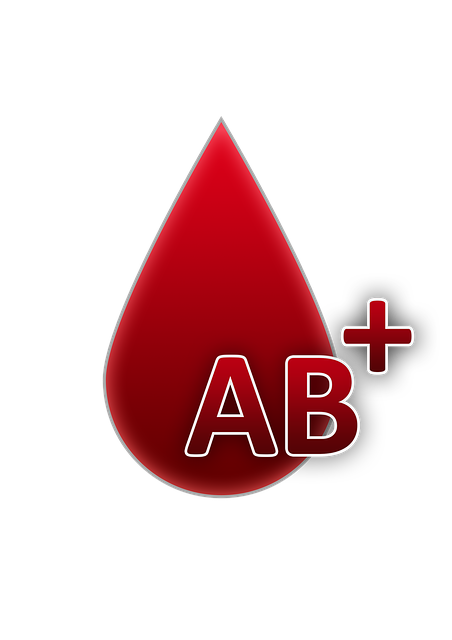
Cholesterol blood tests measure total, LDL (bad), and HDL (good) cholesterol levels, crucial for ass…….
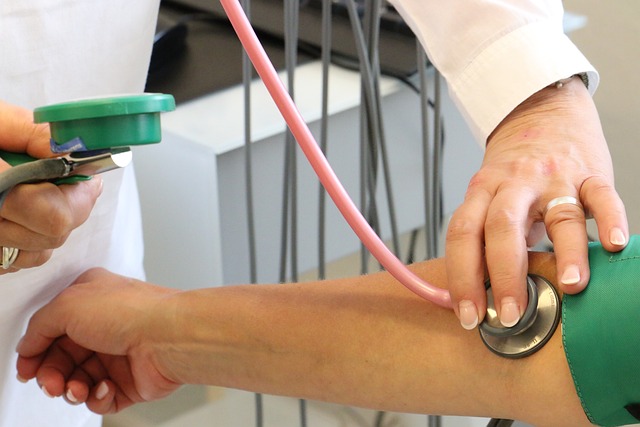
Cholesterol blood tests are essential tools for managing cardiovascular health. In the digital age,…….
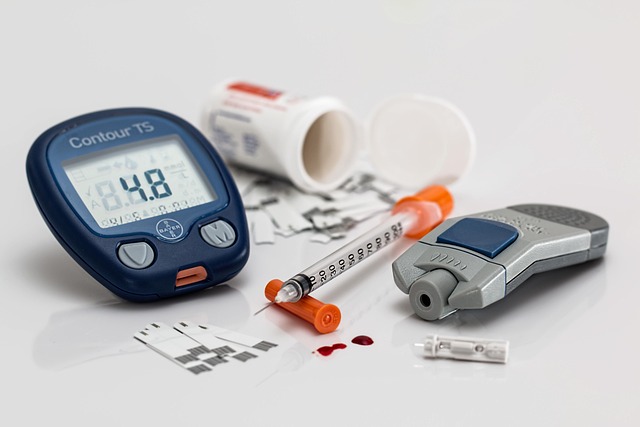
Cholesterol blood tests are essential for early detection of cardiovascular risks, including heart a…….

Cholesterol blood tests are crucial for proactive healthcare as they help detect high cholesterol le…….
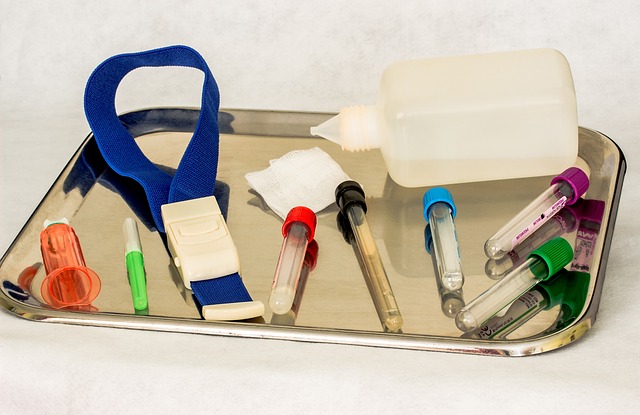
Cholesterol levels, crucial for cell building but harmful with high LDL (bad) levels, can be managed…….
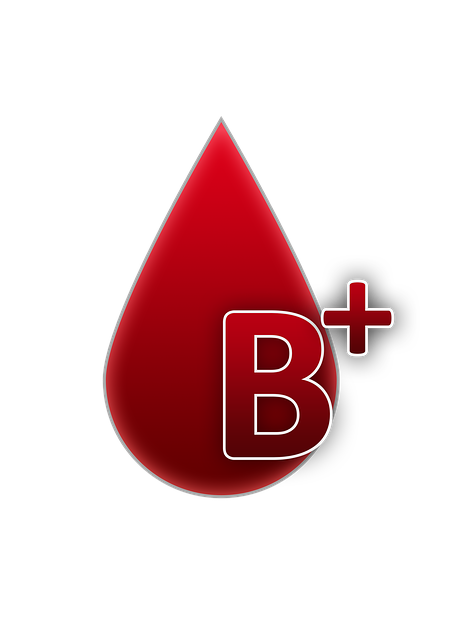
Cholesterol blood tests are crucial for personalized healthcare, as they detect imbalanced cholester…….

Monitoring cholesterol levels through a simple blood test is crucial for maintaining health as high…….

Cholesterol blood tests are essential for proactive health management, especially in detecting hyper…….

Cholesterol levels, crucial for cell health but in excess harmful, can be monitored via a simple cho…….

Cholesterol blood tests, involving a simple arm prick or vein draw, analyze LDL (bad) and HDL (good)…….

Cholesterol blood tests are essential tools for proactive healthcare, providing insights into cardio…….
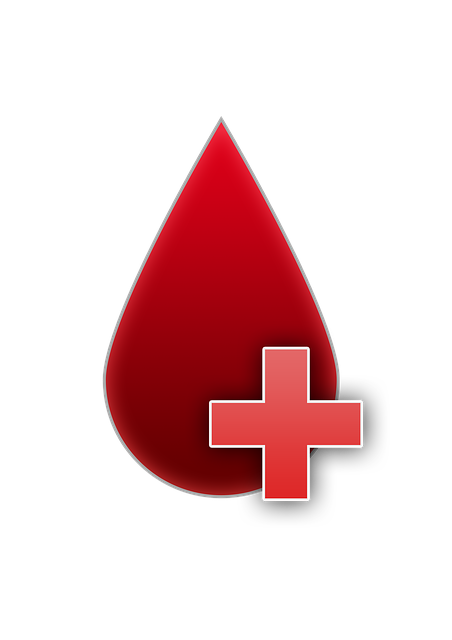
Cholesterol blood tests are vital tools for maintaining cardiovascular health. These confidential, d…….

Cholesterol blood tests are crucial for early detection of heart health issues. High LDL (bad) chole…….
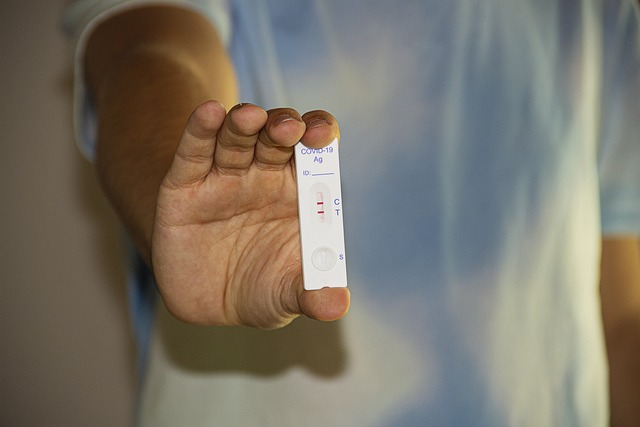
Cholesterol blood tests are crucial for maintaining cardiovascular health as they help detect harmfu…….

Cholesterol management is key to heart health. Regular cholesterol blood tests (cholesterol blood te…….
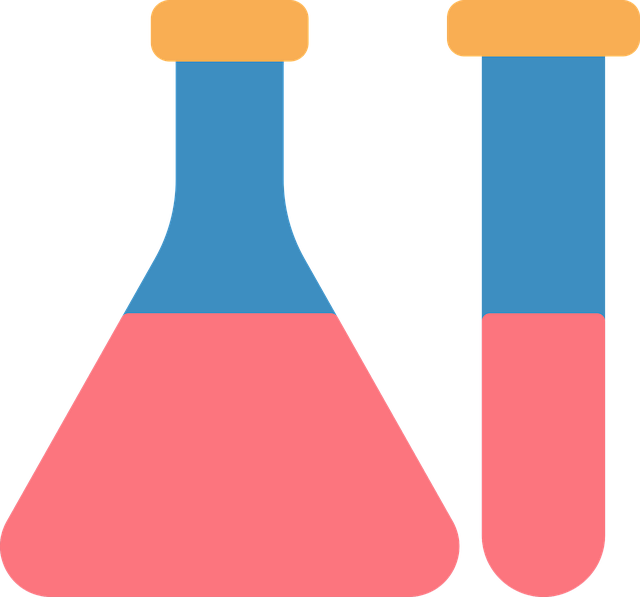
Cholesterol blood tests are essential for maintaining cardiovascular health as they detect and monit…….
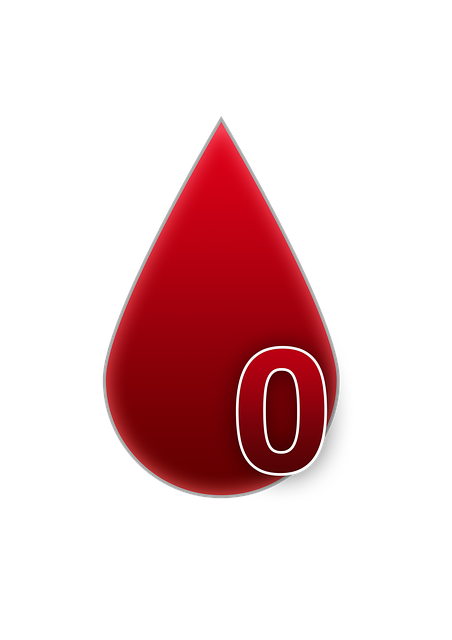
Cholesterol, crucial for cell health, exists in two main types: LDL (bad) and HDL (good). Imbalanced…….

Cholesterol blood tests are essential tools for maintaining cardiovascular health, as high cholester…….

Cholesterol blood tests are essential tools for maintaining heart health by detecting high LDL (&quo…….

A cholesterol blood test is a simple yet vital procedure that measures total cholesterol, LDL ('…….

Cholesterol blood tests are accessible and affordable tools for monitoring vital bodily functions. T…….

A cholesterol blood test is a vital tool for assessing cardiovascular health by measuring total chol…….
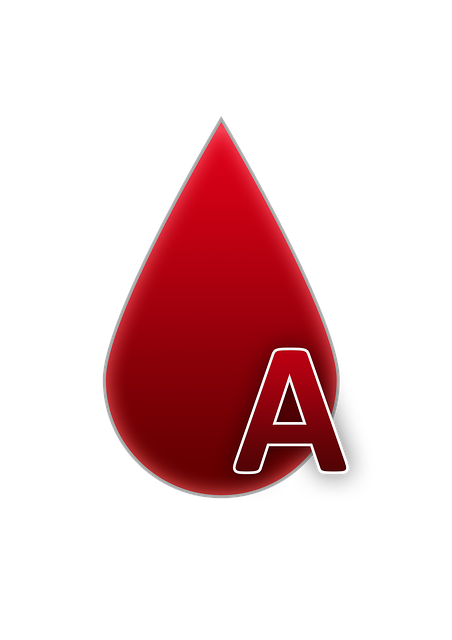
Cholesterol blood tests are essential for proactive healthcare, revealing vital information about LD…….

Staying on top of your cholesterol levels is crucial for maintaining optimal health. This comprehens…….

“Discover the power of a professional cholesterol blood test—a crucial step in assessing your hear…….
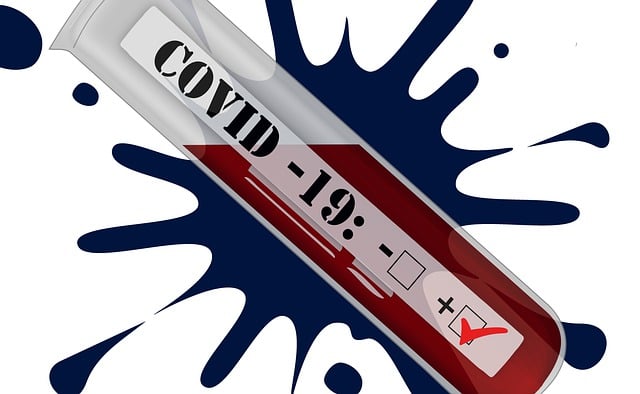
Regular cholesterol blood tests are essential tools for maintaining health, as they help identify hi…….
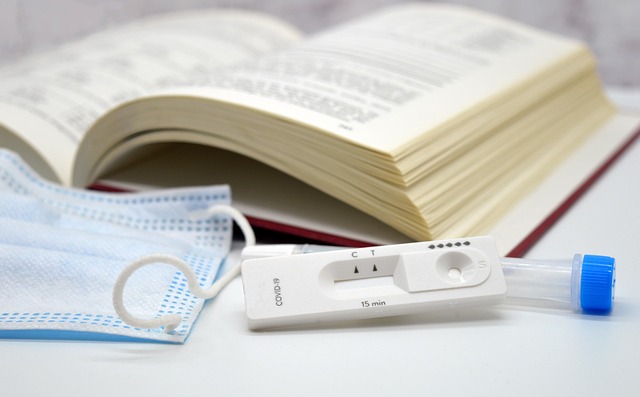
Maintaining healthy cholesterol levels is crucial for cardiovascular well-being. This article guides…….

Regular cholesterol blood tests are vital for proactive heart health monitoring, detecting high chol…….
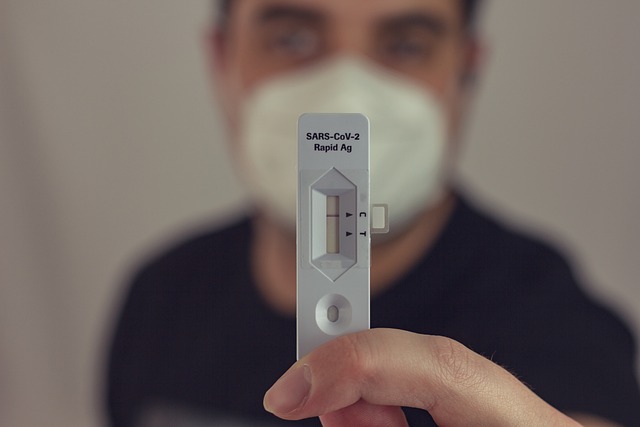
Cholesterol, a waxy substance in blood vital for bodily functions, becomes harmful if levels are too…….

In the quest for optimal heart health, early detection of cholesterol issues is paramount. This arti…….

A cholesterol blood test is a vital tool for assessing cardiovascular health, measuring LDL and HDL…….
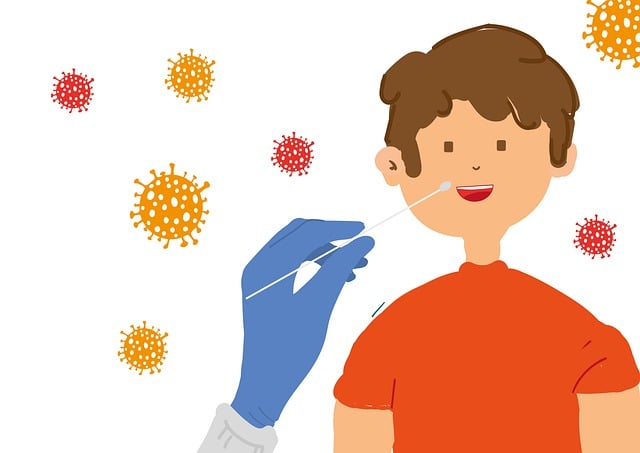
Cholesterol, essential for various bodily functions but high LDL levels linked to heart disease. Reg…….